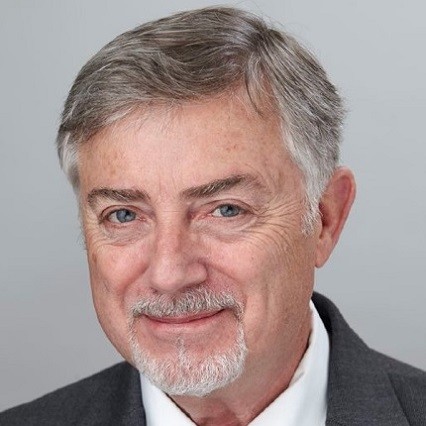Joseph C. Glorioso III, PhD
Dr. Joseph Glorioso is a Professor in the Department of Microbiology and Molecular Genetics at the University of Pittsburgh School of Medicine and holds a secondary appointment in the Department of Human Genetics, University of Pittsburgh Graduate School of Public Health.
Dr. Glorioso received his PhD in Microbiology from Louisiana State University, Baton Rouge, Louisiana. Following a post-doctoral fellowship in the Department of Microbiology at Louisiana State University Medical Center, New Orleans, Louisiana, Dr. Glorioso joined the faculty at the University of Michigan Medical School rising to the rank of full professor and Assistant Dean for Research. It was in 1989 that Dr. Glorioso came to the University of Pittsburgh in the position of the William S. McEllroy Professor of Biochemistry and Chair, Microbiology and Molecular Genetics University of Pittsburgh School of Medicine, where he was chair until 2009.
Dr. Glorioso has established over a 40-year history of research related to the basic biology and genetics of herpes simplex virus (HSV). His contributions to the field include defining antiviral immune responses to infection, the genetics of viral pathogenesis and latency, and mechanisms of viral infection. Furthermore, he has been a pioneer in the design and application of HSV gene vectors for the treatment of nervous system diseases such as peripheral neuropathies, chronic pain, and brain tumors. He continues to be a worldwide leader in the HSV gene vector field through the creation of innovative gene vectors and the development of manufacturing methods for Phase I and Phase II human clinical trials for gene therapy. His enkephalin vector showed considerable promise in a Phase I human trial to treat cancer pain. This trial was sponsored by Diamyd Medical AB in Stockholm. The Glorioso lab has now created completely new vector design strategies for gene transfer to the brain with long-term transgene expression. These designs are intended for studies and treatment of brain neurodegenerative diseases such as Huntington’s using gene editing technology. His research has been awarded more than 50 patents and 2 additional fillings are in progress.
Dr. Glorioso’s most recent research has focused on the:
- Design and application of HSV gene vectors for exploring the molecular events that occur in sensory afferents that are involved in the transition from acute to chronic pain. He pioneered the development of drug–activated ion channels for regulation of neuronal cell function. This work has recently provided the underpinning for a start-up biotech company-Coda Bio Inc. located in San Francisco, CA. Dr. Glorioso is a company founder and head of the Scientific Advisory Board.
- Development of retargeted oncolytic HSV vectors for specific infection and replication in human glioblastomas and applications to treatment of human xenograft and spontaneous syngeneic mouse models of human brain tumors; this work has recently provided the research support for a Boston-based public company, Oncorus Inc., located in Cambridge, MA. Dr. Glorioso is a company founder and head of the Scientific Advisory Board. His oHSV entered Phase I testing in early 2020. Recent vector designs are aimed at applications to the systemic treatment of metastatic solid tumors. These vectors are specifically tumor targeted and represent variants that are highly resistant to virus neutralizing antibody.
In addition to being a Founding Member of the American Society of Gene Therapy and the International Society for NeuroVirology, Dr. Glorioso is a member of these and more professional organizations: the American Society for Microbiology, the American Society for Virology, Society of Neuro-oncology, the International Pain Society, and American Society of Cancer Research. Dr. Glorioso has received numerous awards and honors; a most recent award he received was the Paradigm Builder Award from the International Society of NeuroVirology in 2010, the Pioneer Award for Gene Therapy, and the ASM award for Applied and Biotechnological Research. He is a fellow in the American Academy of Microbiology and the American Association for the Advance of Science.
View a partial list of Dr. Glorioso’s publications here.


